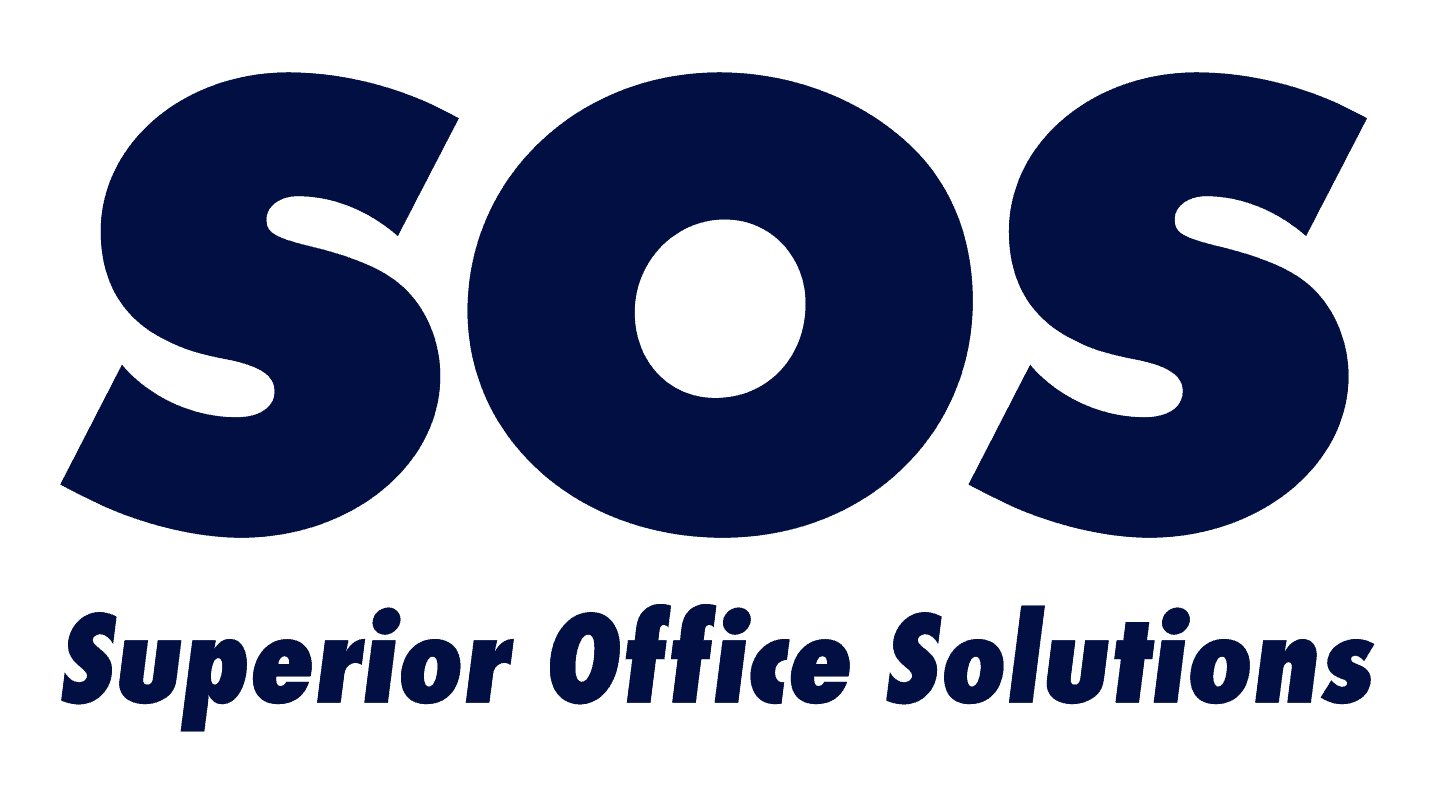4 Reasons to Use Document Management for Healthcare
People are the central focus of healthcare. Yet all too often, doctors and other healthcare workers are driven by paperwork.
A 2016 study in the Annals of Internal Medicine found that for every hour engaged in seeing patients, doctors spend almost two hours on recordkeeping. The typical medical office has employees who spend most or all of their time devoted to medical records management, insurance, billing, and other paperwork.
At the same time, these paper-centric tasks continue to grow in complexity due to the requirements of insurance providers, the Affordable Care Act (ACA), and state and federal regulations.
How can document management for healthcare help to ease the burden of paperwork in doctors’ offices and other medical facilities? Here are four ways.
1. Going digital is faster and more accurate.
A cloud-based document management solution provides tools for quickly digitizing hard-copy documents and storing them in a single, secure virtual repository. The solution not only makes it easy to create paperless records, but also simplifies the process of filing, updating, and sharing those documents.
For instance, rather than traditional scanning that creates a “picture” of a document, DocuWare document management uses sophisticated Intelligent Indexing technology to accurately extract metadata from a document and convert it to a digital file.
That means when a patient fills out a form, it can be quickly scanned and digitized ─ eliminating the need for the information to be physically keyed in and reducing the chance of typos due to human error.
The resulting file can be in a choice of popular formats that users are comfortable working with, such as Word, Excel, PowerPoint, PDF, and text. Once a document has been digitized, users simply “drag and drop” to import and organize files as needed in the DocuWare interface.
The digitizing process also automatically indexes documents for later search and retrieval, as well as for workflow integration. That makes it easy to find a document whenever users need to add to it, revise it, share it, or purge it.
Best of all, a document management solution makes all the information accessible via the user desktop, rather than burying it in a filing cabinet, a storage box, or another location. That means medical office staff can retrieve records in seconds, not hours or days.
2. Going paperless reduces clutter and costs.
Converting files from hard copy to digital documents saves valuable office space. It allows a healthcare facility to maintain meticulous records without the physical clutter and cost of maintaining storage for mountains of paper documents.
Going paperless also saves the time and cost of tedious filing, searching, and refiling tasks, freeing employees for more important work ─ such as delivering care to patients.
In addition, digital document management for healthcare offers savings on ink, paper, and other costs associated with printing documents. It reduces the amount of paper waste that needs to be recycled.
Making the move to paperless records also allows users to share documents quickly, at the touch of a button. It eliminates the need for faxing or postage, and helps to ensure that important documents ─ from lab results, referrals, and prescriptions to insurance forms and invoices ─ get where they need to go in a timely manner.
3. Document management tools help keep records up to date.
Document management solutions offer tools to help users create, share, manage, and collaborate on documents. For example, DocuWare supports web-based intranet, extranet, and mobile access, allowing approved users to edit and update documents as needed.
With centralized document storage and features such as tracking and version control, the solution helps users manage updates and ensure that documents include the most recent and accurate information.
In addition, customizable workflows allow document processing to be automated, to speed tasks such as:
- Patient onboarding ─ walking staff through the steps of creating a patient record including history, medications, referrals, insurance, and other vital information
- Insurance claim filing ─ ensuring that forms are completed, coded, approved, and submitted on a timely basis
4. A single repository and built-in controls boost security and compliance.
Managing and protecting the confidentiality of patient records ─ both current patient information and older records that must be retained by law ─ is a priority in any medical facility. In New York State, medical facilities must maintain patient records for at least six years.
In addition, the security of medical records is vital to compliance with regulations such as the Health Insurance Portability and Accountability Act (HIPAA), the Sarbanes-Oxley Act (SOX), and the EU’s General Data Protection Regulation (GDPR).
By moving from physical storage to digital document management for healthcare, all records can be protected in one centralized, secure repository. The DocuWare cloud solution, for example, utilizes the Microsoft Azure backbone to store, backup, and protect data.
Going digital also removes the risk of documents being damaged by a fire, flooding, mold, or other disasters.
In addition, a solution such as DocuWare offers built-in security features for controlling access to information ─ allowing the system administrator to determine each user’s rights and permissions, and to monitor the retrieval of sensitive information. For instance, the system can be set up so that:
- The billing department can only see information relevant to insurance and payments
- Care providers can access patient health details but can’t see insurance information
The DocuWare document management solution also provides a “non-paper trail” ─ a digital stamp that shows the chain of custody at every stage of document processing. The system can even be set to automatically purge documents, to ensure legal compliance when it is time to remove records permanently.
The power of document management for healthcare facilities
Perhaps no organization is more dependent on paperwork than a doctor’s office, clinic, or other healthcare facility. The proper handling of documents is critical to so many aspects of the healthcare process ─ from patient care to regulatory compliance, to insurance and billing.
That’s exactly what makes document management for healthcare such a powerful tool for medical facilities ─ improving accuracy, security, and efficiency so that more resources can be devoted to patient care.
SOS makes it easy to go paperless and streamline tasks with DocuWare, a leading cloud-based document management and workflow solution. If you’re in the New York City metro area, call us to learn more about DocuWare ─ or request a free document management assessment.
About SOS
Superior Office Solutions has been adding a personal touch to the office equipment leasing industry since 1999. With four convenient locations in the tri-state area, we provide world-class equipment and unbeatable service to over 4,000 customers.
Contact
Manhattan Office
212-695-5588
Westchester Office
914-332-0100
Long Island Office
516-682-8383
New Jersey Office
732-790-5300





